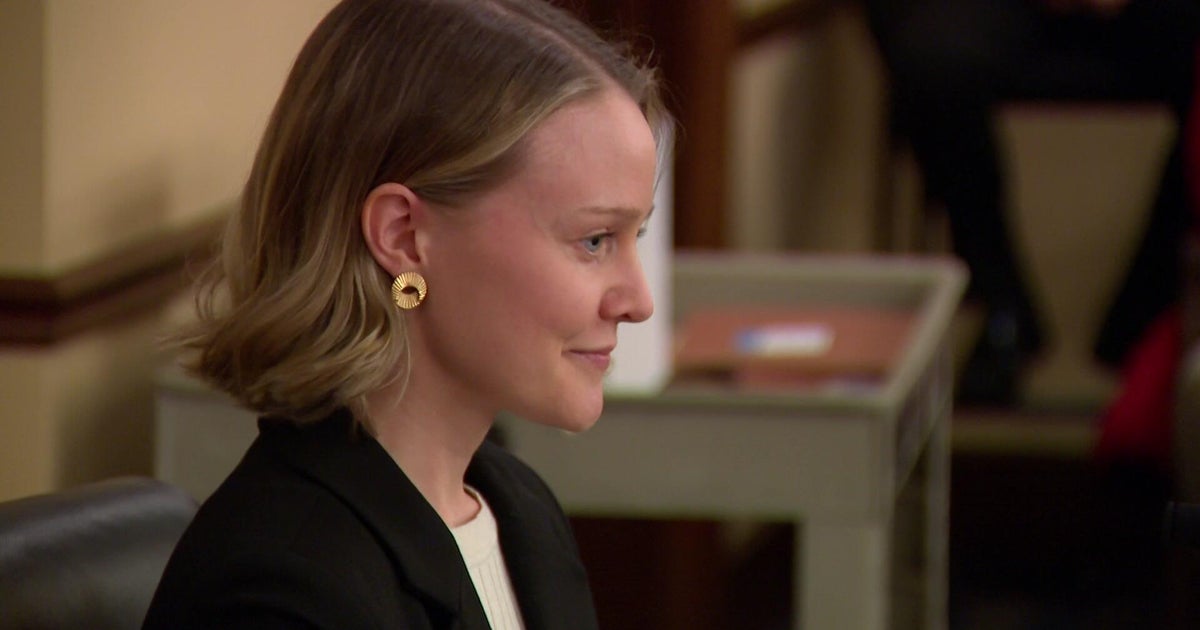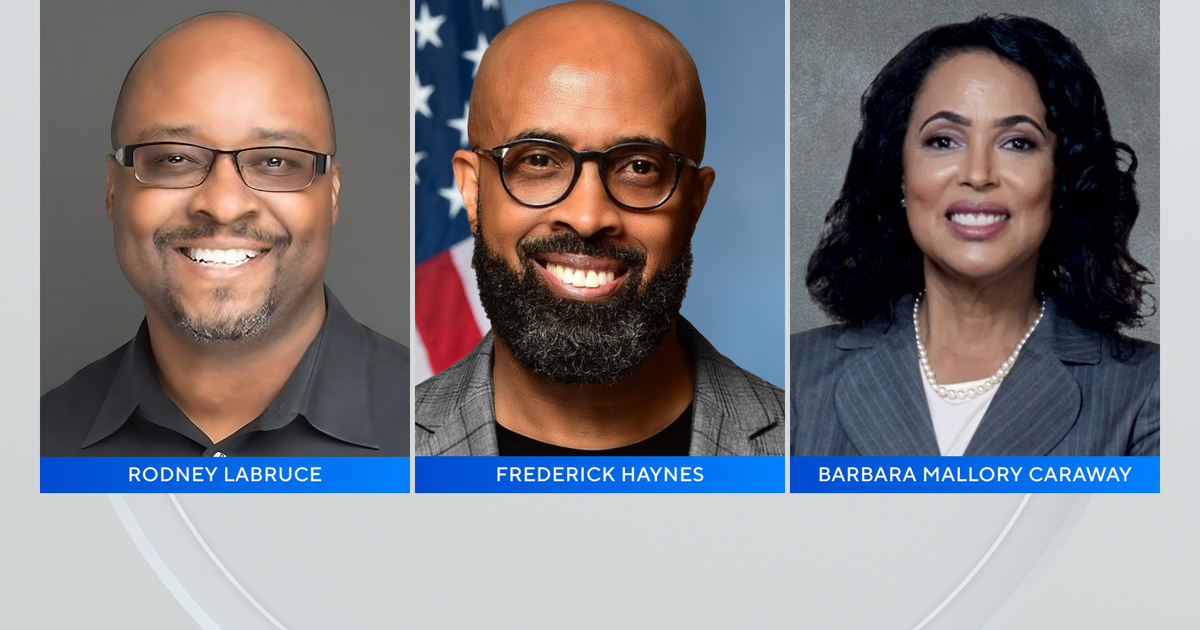Abortion Ultrasound Measure Advances In House
TALLAHASSEE (CBS4) – All women seeking an abortion in Florida would be required to have an ultrasound under a measure vetoed last year but resurrected in a House committee on Tuesday.
Women seeking an abortion are already required in Florida to have an ultrasound in the second or third trimester but not in the first. The measure (HB 1127) would extend that requirement to the first trimester, and require the woman be given a chance to view the image on the screen and hear a description of what the doctor is seeing.
The House sponsor, Rep. Liz Porter, R-Lake City, said most clinics already do first trimester ultrasounds, primarily as a tool to determine the gestational age of the fetus. Porter said typically, those images aren't shown to the woman, but under the bill the clinic would have to show the woman the image unless she declines.
Porter said the requirement would give women knowledge, not infringe on their rights.
"It provides women with the knowledge, the truth, the facts, of the procedure that they are facing," said Porter. "Too much knowledge is never a bad thing."
The bill, which was approved by the House Health and Human Services Quality Subcommittee on a party line vote of 10-4, with Republicans in favor, was passed in 2010 by the full Legislature but vetoed by then-Gov. Charlie Crist. The vetoed bill also would have banned public money from being used to pay for abortions. This year, that proposed ban is included in a separate bill that is also moving through the Legislature.
Crist had said in his veto message last year that personal views about abortion shouldn't be used to "expand the role of government and coerce people to obtain medical tests or procedures that are not medically necessary."
Debate in the committee fell along well-worn lines between advocates for abortion rights and those who oppose it.
Several members of the panel discussed their experiences in seeing ultrasounds. Rep. Jose Diaz, R-Miami, remembered seeing his unborn child moving in one ultrasound.
"Anybody who has a chance to see their child's heart beating will be deeply impacted," said Diaz.
Rep. Scott Randolph, an opponent, also recalled a personal experience, seeing an ultrasound that confirmed his wife's pregnancy wouldn't be viable. Randolph, an Orlando Democrat, said if the bill were law, his wife would have been forced to have another ultrasound before terminating the pregnancy, inflicting unnecessary psychological trauma.
"In an ideology of convenience it is overlooked that this occurs every day in this state," said Randolph.
Advocates for abortion rights have charged it's meant to make it harder for women to have an abortion. Stephanie Kunkel, a lobbyist with Planned Parenthood, said Monday that Porter's bill was an effort to "play politics with women's health," and that decisions about the procedure should be between the woman and the doctor.
"The bill would force physicians to perform ultrasounds even when it is not medically appropriate," Kunkel said.
But Rep. Ron Renuart, R-Ponte Vedra Beach, who is a physician, said it doesn't make sense for doctors not to do an available test and share the results with the mother. He also noted that the bill allows women to opt out of viewing the image.
The Florida Catholic Conference supports the measure. The ACLU opposes it.
The bill is on a fast track in the House with only two committee assignments. It now must be heard by the full Health and Human Services Committee. A Senate companion bill (SB 1744), sponsored by Sen. Ronda Storms, R-Valrico, has been filed but is yet to have a committee hearing.
The News Service of Florida contributed to this report.







